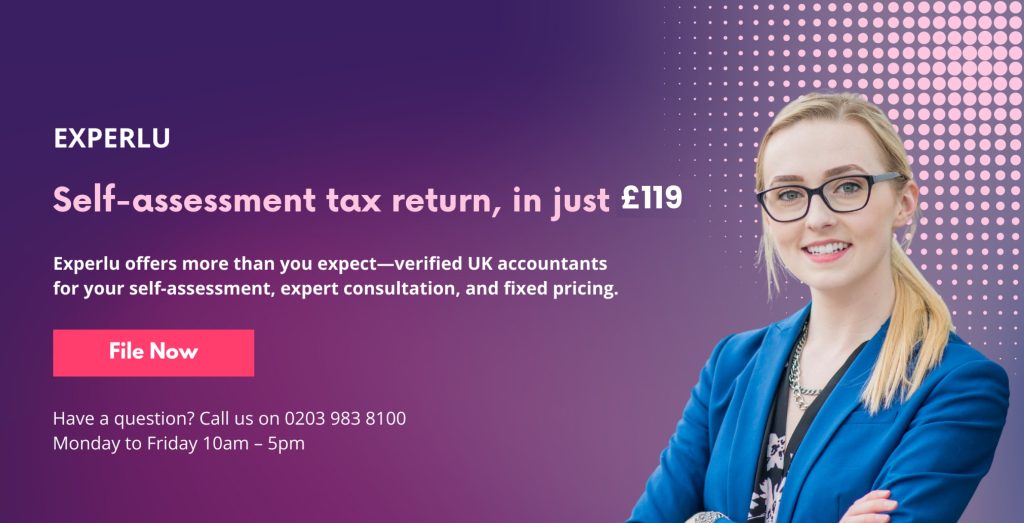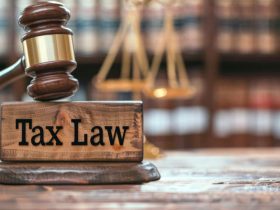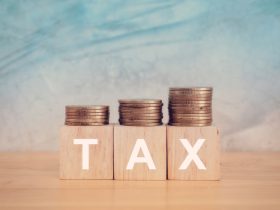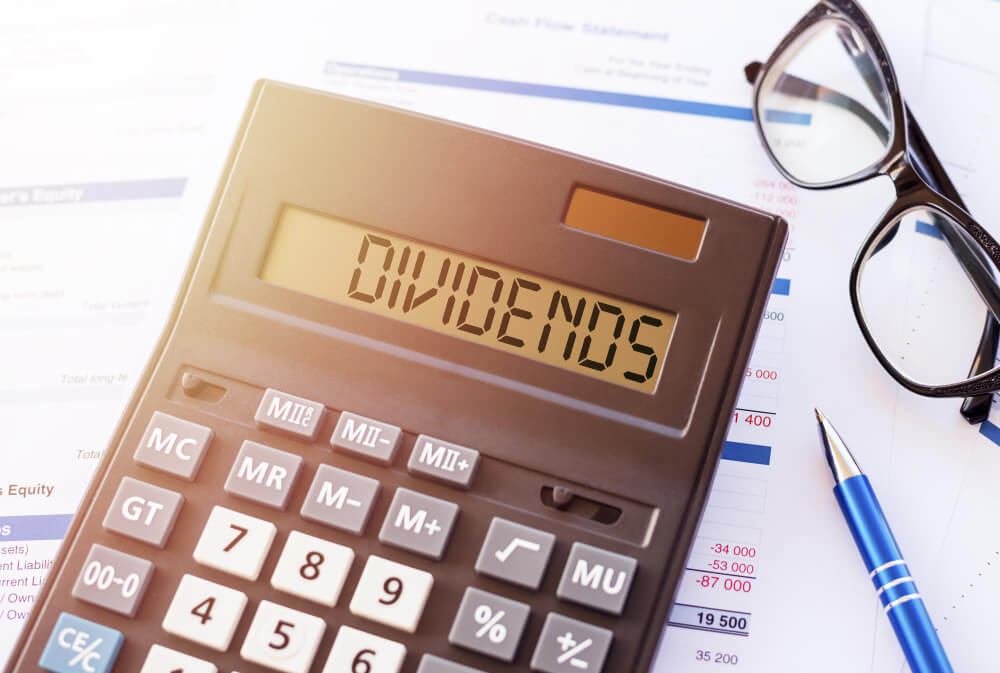The UK government introduced the rule for self-employed individuals to submit their self-assessment decades ago. The rule mandated self-employed individuals to report their income and expenses to the HMRC and pay a tax on the profits/ taxable income. The HMRC reserves the right to challenge the reported amount on annual filing and conduct a tax investigation.
But recently, the UK government has signed up to the rules led by the OECD (Organisation for Economic Co-operation and Development) to tackle tax evasion and underpayment.
According to the new rule, if you sell on some digital platforms, like Amazon or eBay, the platform will report your income to HMRC in a calendar year. Will it change the need to file self-assessments in the future?
In this blogpost, we will know the upcoming changes and their impact on self-assessment.
Table of Content
- What is a digital platform for the new reporting rule?
- What are the new digital platform reporting rules?
- Who is affected by the new rule?
- What is the impact of calendar year digital platform reporting on self-assessment?
- Do I still need to complete the self-assessment?
- Detailed digital platform reporting proposal
- Final words

What is a digital platform for the new reporting rule?
HMRC considers websites, online marketplaces, and apps as digital platforms where individuals and companies sell their products online. For example, eBay is a digital platform if you are using eBay to sell your manufactured goods.
However, if you are using your company’s website, application, or software to sell products online, they won’t count as digital platforms for the purpose of this rule.
Additionally, renting out properties on different sites like Airbnb or Booking.com or putting your garage on rent via a digital platform comes under the new rule.
What are the new digital platform reporting rules?
According to HMRC, the new digital platform reporting rule says such platforms must share the income details of all their sellers with HMRC. The data collection process for these platforms starts on 1 January 2024. They are mandated to submit the first reports to HMRC by 31 January 2025 on a calendar-year basis.
HMRC will use this data to verify sellers’ income details on their self-assessment by the end of a tax year. This will help the government to detect and track tax evasion.
If you are paying the right amount of tax by calculating your primary income and the revenue generated on digital platforms, this rule won’t affect you. It also doesn’t impact trading and miscellaneous income allowance in the UK.
The trading allowance for the year is set at £1,000 per tax year. You can earn This tax-free amount from trading or casual and miscellaneous activities before paying income tax and NIC.
The platforms will provide a statement to each taxpayer stating their income and any fees or commissions earned on the platform during a specific calendar year. This will help taxpayers correctly file their returns and pay the right amount of tax.
On the other hand, it aims to help HMRC verify the real income of an individual through traditional and digital options against their self-assessment.
Who is affected by the new rule?
Almost everyone who is selling on digital platforms will be affected by the new rule. This includes
- Small business owners
- Second-hand sellers
- Freelancers
- Food delivery services
- Taxi drivers
- Property owners
- Tangible goods sellers
There is an “occasional seller exclusion” for the rule levied on individuals selling products occasionally on digital platforms. You can enjoy this exclusion if you make fewer than 30 sales and receive nearly £1,700 during a specific financial reporting period. For these sellers, digital platforms don’t require reporting them to HMRC.
What is the impact of calendar year digital platform reporting on self-assessment?
The calendar year reporting covers 12 months, starting from January to December. On the other hand, your self-assessment tax return covers a tax year from 6 April of one calendar year to 5 April of the next year.
Previously, sellers could report their profits to HMRC on a calendar year basis if they chose 31 December as the financial year-end. But, after the introduction of basis period reforms, all unincorporated businesses will be taxed on their profits made during a tax year.
Therefore, the requirement for self-assessment submission at the end of tax season will not change with digital platform reporting. It will only state the income of a seller during a calendar period.
You need to add your primary and additional income (if any) to the amount and then calculate your taxes on your self-assessment.
Do I still need to complete the self-assessment?
Yes, you still need to complete the self-assessment. Digital platforms will report your income to the HMRC, and tax is calculated on the profits. Your self-assessment states your annual income and profits, on which you will pay the tax.
You may also have other income sources or refund claims requiring reporting on your self-assessment.
On the other hand, you can apply for multiple deductions on expenses and claim your tax-free allowances on your self-assessment.
Though HMRC has access to your income on digital platforms, it cannot collate your business expenses or make claims on your behalf. Therefore, as a taxpayer, you must have some involvement in the process and submit your self-assessment tax return by the deadline.
Detailed digital platform reporting proposal
| What does the law mandate? | All digital platforms need to disclose income details of their platform sellers to HMRC throughout a tax year |
| What is a digital platform as per the policy? | HMRC considers websites, online marketplaces, and apps that allow individuals and companies to sell products as digital platforms |
| Who will be affected? | Sellers on the digital platforms, including small business owners, second-hand sellers, freelancers, taxi drivers, property owners, and food delivery drivers |
| Any exclusion of the rule? | There will be an “occasional seller exclusion” for individuals selling a few goods occasionally |
| Timeline for the rule implementation | ⦁ Platforms mandatorily need to initiate data collection from 1 January 2024 ⦁ Their first reports must be submitted to HMRC by 31 January 2025 |
| What is the objective of the policy? | ⦁ Help taxpayers get the right taxes ⦁ Help HMRC to identify the real income of sellers on digital platforms besides their traditional business income (if any) ⦁ HMRC can easily detect and track tax evasion |
| Economic impact of the policy | No significant macroeconomic impacts |
| Penalty for failure to report by deadline | Initial penalty of £5,000 and a continuing penalty of £600 per day |
| Penalty for inaccurate seller information | £100 per inaccurate, incomplete, or unverified seller details |

Final thoughts!
There will be many changes to your self-assessment as HMRC can collate your income and gains from third-party platforms. However, the requirement for filing self-assessment every year will not go away anytime soon. This means taxpayers must correctly input their income and claims on their self-assessment and pay the right taxes.









